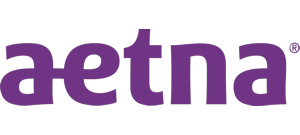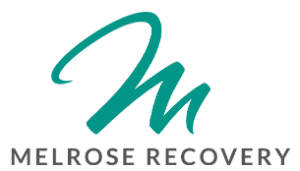Cigna Rehab Coverage In California
Cigna Insurance is a global health services provider with over 180 million customers in more than 30 countries.

Cigna Rehab Coverage in California
They work with providers, customers, and communities to design specific solutions to promote a whole-person approach to healthcare. Melrose Recovery in Los Angeles accepts Cigna Healthcare coverage for rehab.
What Does Cigna Cover for Rehab?
Rehab insurance, also known as addiction treatment insurance or substance abuse coverage, is a type of insurance that provides coverage for individuals seeking treatment for drug or alcohol addiction. This type of insurance can cover various forms of addiction treatment, such as inpatient rehabilitation programs, outpatient therapy, medication-assisted treatment, and other forms of support.
The goal of rehab insurance is to help individuals struggling with addiction access the necessary resources and support to overcome their substance use disorder. This can include coverage for medical detoxification, counseling and therapy sessions, prescription medications, and other necessary interventions. Some policies may also offer additional services such as family therapy or addiction aftercare programs.
It’s important to note that not all health insurance plans cover rehab services. However, under the Affordable Care Act (ACA), most health insurance plans must provide some form of coverage for substance abuse treatment. Additionally, many employers offer employee assistance programs (EAPs) that may provide coverage for addiction treatment.
Having rehab insurance can greatly reduce the financial burden associated with seeking professional help for addiction. It can also remove barriers to accessing quality care and increase the chances of successful recovery from substance abuse.
What Does Rehab Insurance Cover?
Substance Use Disorder (SUD) Coverage
Mental Health Services Provided by Cigna
Health Evaluations
How to Check Your Cigna Rehab Coverage
You’re ready for the hardest part of recovery. That is, getting started by checking your insurance coverage for rehab. Our addiction specialists at Melrose Recovery are experts at cutting through the insurance jargon and getting you on the right track with answers. Contact our experts to begin your paperwork and the admissions process.
How to Get Approval for Rehab Stay With Insurance
It can be difficult to get treatment for SUD. Whether it’s by personal choice or it’s being required by the court system, employer, or family. The first step to getting approval for the correct treatment is a full evaluation. This includes:
- An honest assessment of your current use
- A review of substance use and treatment history
- A physical history
- An examination of your social situation
- Identifying your treatment goals
You may obtain this evaluation in your physician’s office or at Melrose Recovery which is in-network with Cigna Healthcare. Being in-network means that Cigna Healthcare has a contract with Melrose to provide care to our clients at a discounted rate.
If you want to find out if you’re covered for treatment, you can check your rehab insurance benefits by:
- Checking your insurance paperwork
- Calling Cigna’s customer service line
- Log into the my Cigna website or app
- Let Melrose Recovery handle it

Levels of Care at Melrose Recovery
After your assessment, you’ll receive a treatment recommendation which will be either a residential treatment or outpatient basis. This is called Level of Care. Melrose Recovery can provide:
- Detox program–The first step in any rehab is detox. Through this process, you are closely monitored while your body cleanses itself of the drugs and helps eliminate your physical dependence on the substance.
- Residential treatment program–When the detox is complete, you’ll receive customized therapy and counseling. These are necessary for you to break your mental dependence.
- Addiction rehab aftercare program–After completing residential treatment, you are not “cured.” SUD recovery is a lifelong process and you are most vulnerable to relapse in early recovery. An aftercare program helps you continue getting the guidance and treatment essential to avoid relapse. It can be considered an outpatient program because you will be living outside the treatment center, yet still getting the support you need to maintain your sobriety.
What if Insurance Doesn’t Cover Treatment?
If you don’t have healthcare insurance there are other ways to pay for treatment such as:
- Personal financing
- SAMHSA offers grants through its Center for Substance Abuse Prevention and Treatment
- Employer Assistance Programs
- Crowdfunding
- Medicare and Medicaid
Don’t let the fear of paying for treatment stop you. Talk to one of our knowledgeable admissions specialists.
Melrose Recovery and Cigna
Get In Touch
info@melroserecovery.com
501 North Mariposa Ave, Los Angeles, CA 90004








